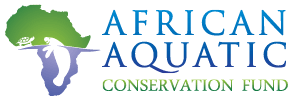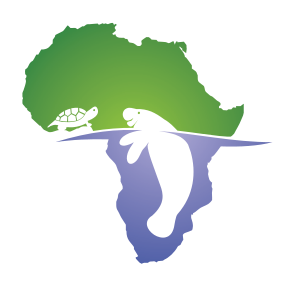Program Description
The African Chelonian Institute is a private, non-profit organization registered in Senegal, whose mission is to build the first center to consolidate knowledge related to all turtle species of the African continent and associated islands. The Institute’s vision is multi-faceted: it serves as a breeding facility for endangered African tortoises and freshwater turtles, it builds grassroots programs to re-introduce turtles back to their natural habitats, it houses one of the largest collections of reference specimens in Africa and a library of turtle media for study, and it serves as a training center for students and researchers, as well as an educational center open to the public. We have a temporary breeding facility in Ngaparou, Senegal and plan to build a permanent breeding center near Sindia, Senegal, approximately one hour south of the capital of Dakar.
Additionally, field research on African turtle species continues in order to increase knowledge and conservation efforts. Currently this project’s field effort is focused on Tocc Tocc Reserve in northern Senegal, a community-based reserve created by Tomas Diagne and the local people there to protect habitat for the endemic Adanson’s mud turtle, as well as other species.
The African Chelonian Institute will be built in phases and will consist of four main components:
- Living collection: This will include a breeding and display facility for African tortoises and terrapins, with priority focus on the most endangered species. The breeding center will initiate re-introduction programs in collaboration with colleagues working with the species in their native ranges, as well as a strong outreach mission.
- Specimen reference collection: An extensive collection of African chelonian skulls, shells, skeletons, preserved specimens, and eggs will be archived at ACI and available to students and scholars for taxonomic, morphometric, genetics, and other studies.
- A multimedia library: A library housing books, reports, theses/dissertations, videos, and photographs relating to African freshwater terrapins, sea turtles, and tortoises will be available to students, turtle scholars, and the interested public as a reference collection.
- Ethno-zoological and paleontological collection: Turtles are a powerful symbol in many African cultures, and are known in the rites of many peoples (Dogon, Baoule, Guro, etc.). The Institute will house and exhibit important objects of African turtle art and turtle fossils, and it will also be a repository for documentation (folklore, stories, proverbs, traditional knowledge) of the African people’s relationship with turtles. Educational graphics will explain the history and importance of the collection.
An additional important function of the African Chelonian Institute is to receive African turtle species confiscated by officials in the context of the implementation of CITES (International Convention for Trade of Endangered Species) regulations. This activity is conducted in close collaboration with the Secretariat of the CITES convention, and with parties to the convention from the offices of Traffic International (Regional Office for Africa) the joint program of WWF & IUCN. ACI undertakes this activity both to save confiscated turtles from euthanasia (which is often the rule in cases of confiscation), as well as to try to repatriate the turtles back to their countries of origin or to include them in ACI’s captive breeding facility if other options are not available for them.
Visit the African Chelonian Institute website to read more.

